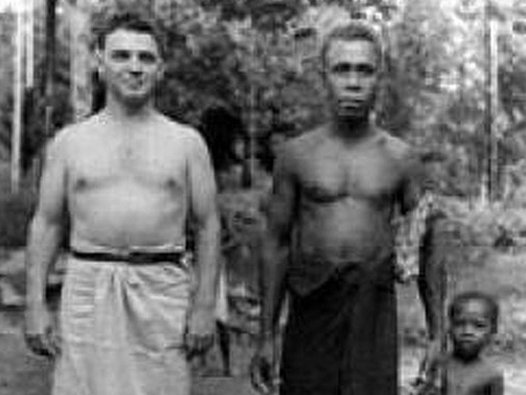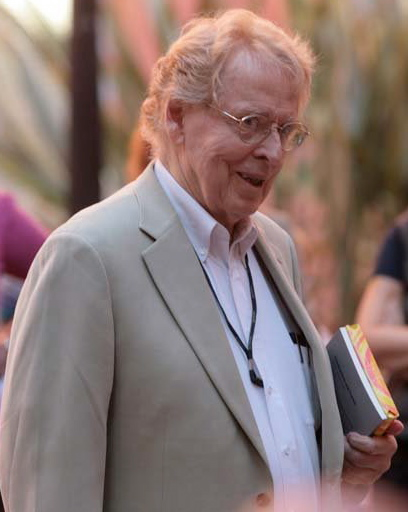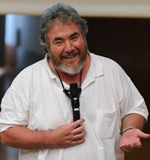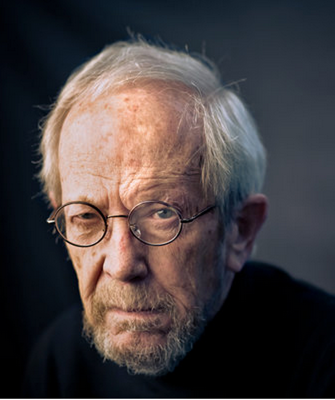
Bonnie L. Cook, "Ward H. Goodenough, 94, Penn professor", Philadelphia Inquirer 6/15/2013:
Ward H. Goodenough, 94, a longtime University of Pennsylvania professor whose work helped shape anthropology, died Sunday, June 9, of organ failure at the Quadrangle in Haverford. […]
Born in Cambridge, Mass., he lived in England and Germany as a child while his father studied at the University of Oxford. He became fluent in German by age 4, and his fascination with languages never dimmed.
After the family moved to Connecticut, he graduated from the Groton School in Massachusetts and went on to earn a bachelor's degree in 1940 from Cornell University, majoring in Scandinavian languages and literature.
Although he enrolled in graduate school at Yale University, his studies were interrupted by World War II. He served in the Army as a noncommissioned officer from November 1941 to December 1945.
During the last years of the war, he was assigned to a social science research unit to study certain initiatives. The unit posited that integration of the armed forces was feasible and desirable, and that the GI Bill would meet the needs of returning soldiers and stabilize civilian society.
Read the rest of this entry »

 As reported
As reported 
